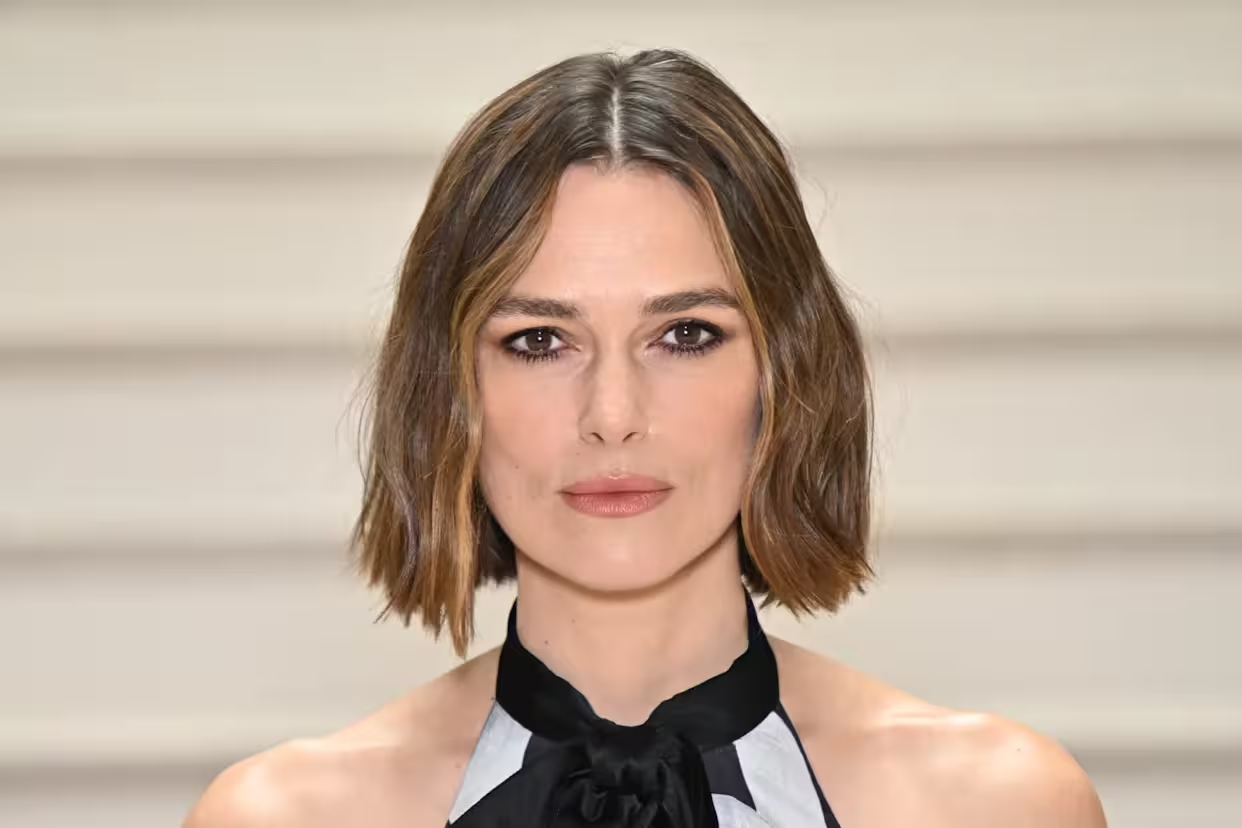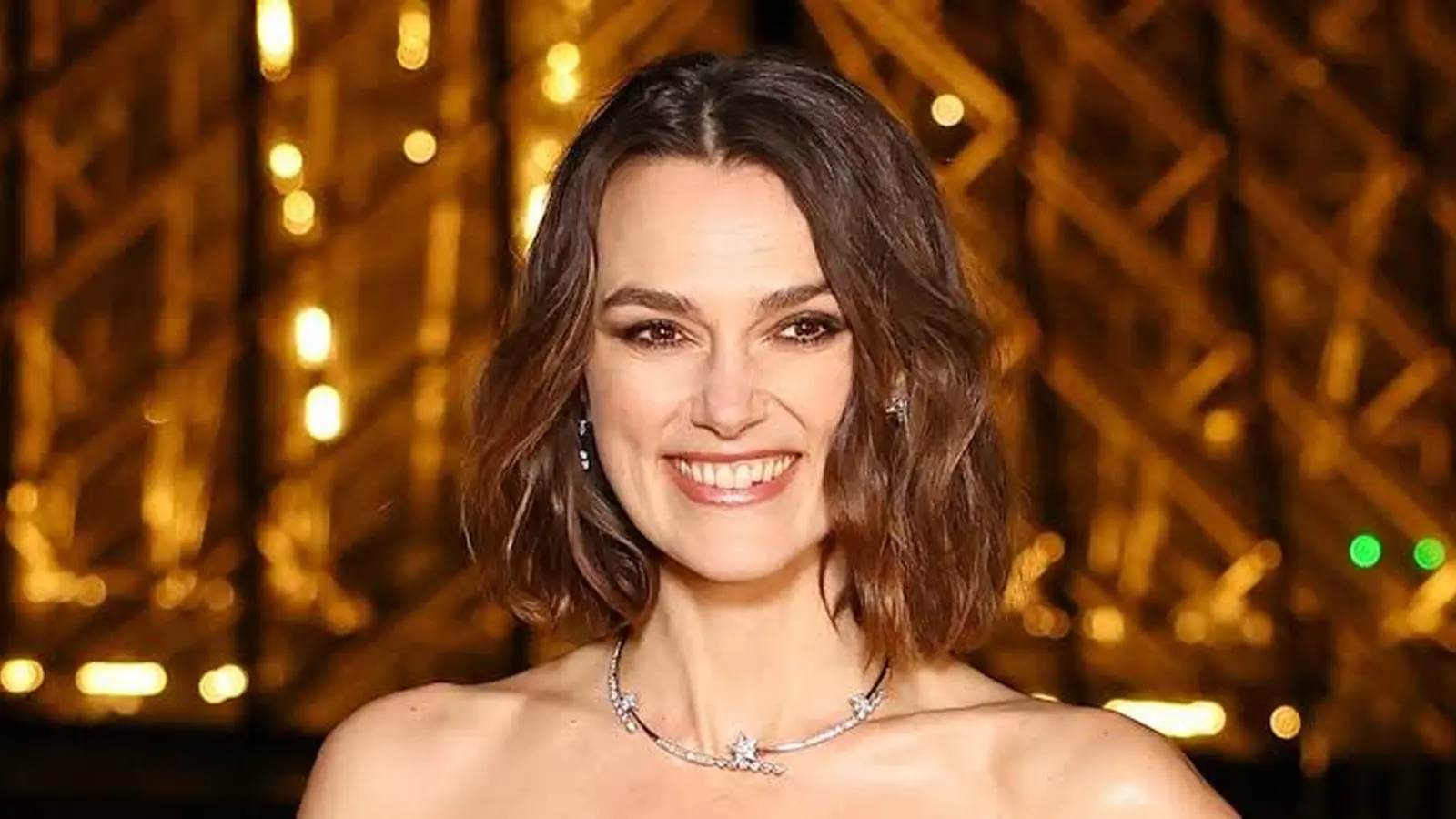5 Minutes
Keira Knightley says she "was not aware" of boycott before signing on
Two-time Oscar nominee Keira Knightley has found herself in the center of a heated fan and industry conversation after being cast as Professor Dolores Umbridge in Pottermore Publishing and Audible’s Harry Potter: The Full-Cast Audio Editions. Knightley told Decider she hadn’t been aware of the boycott movement aimed at the Harry Potter universe over J.K. Rowling’s public comments on trans people. “I was not aware of that, no. I’m very sorry,” she said, adding that society now faces the challenge of learning to live together despite differing opinions.
Why the controversy persists
The debate around Rowling’s statements has evolved from author-to-audience tensions into a wider industry reckoning. In the UK, more than 400 signatories from across the film and TV world published an open letter calling attention to trans rights and urging the industry to take a stand — a reaction that followed Rowling’s comments and her response to legal rulings related to gender recognition.
At the same time, HBO’s forthcoming Harry Potter series and Audible’s full-cast audiobook project have reignited scrutiny because Rowling is attached as an executive producer on the TV adaptation and has reportedly consulted on the pitch. HBO chairman Casey Bloys has said Rowling will be involved but emphasized the studio’s priority is what appears on screen: the franchise’s themes of friendship, love and self-acceptance.

Cast, community reaction and industry context
The audiobook casting has drawn a roster of notable names — from Keira Knightley to Kit Harington, Ruth Wilson, Iwan Rheon, and others — and that high-profile involvement explains why public reaction has been particularly loud. Some artists and fans have leaned into the boycott as a form of protest; others argue that performance projects can be evaluated separately from creators’ politics.
This divide echoes other industry flashpoints where cultural values and commercial projects collide. Unlike past controversies where talent withdrew from films or studios acted swiftly, the Harry Potter situation has produced mixed responses: vocal condemnations, calls for dialogue, and pragmatic statements about the creative process.
Behind the casting
Full-cast audiobooks present an opportunity to revisit a beloved text through performance — and for many actors it’s an appealing creative challenge. Knightley’s choice to play Umbridge, a villain beloved for her theatricality, is artistically logical even as it raises moral questions for some listeners.
"The audiobook format naturally attracts high-caliber actors because it allows them to dig into a character in a concentrated way," says film critic Anna Kovacs. "For performers, roles like Umbridge are attractive: they provide nuance, comic cruelty and a chance to create something memorable in a medium that reaches global listeners."
Her comment highlights the tension between artistic opportunity and public accountability.
Comparisons and cultural impact
Comparatively, other franchises have weathered controversies by either distancing problematic individuals or reframing their projects—Star Wars and the MCU have both gone through public relations tests that required balancing fan expectations with creative decisions. Harry Potter’s cultural foothold makes this debate more intense: the books and films are formative cultural touchstones for multiple generations.
Trivia-minded fans will note that Umbridge was originally portrayed on film by Imelda Staunton — Knightley’s turn will be evaluated both on its performance merits and the broader implications of participating in a Rowling-affiliated project.
Whether listeners choose to boycott or to engage, the conversation around the audiobooks underscores a larger question facing the arts: how to separate, if at all, the work from the author. Some will foreground artistic collaboration and accessibility that audiobooks offer; others will remain principled in their refusal to support anything tied to a creator whose views they find harmful.
In the end, the decision by performers like Knightley to participate — and their public responses — will continue to spark debate about responsibility, representation and the role of artists in sociopolitical conversations.
Source: deadline
Comments
labcore
Not surprised actors take roles for craft, but playing Umbridge when Rowling is involved? feels tone deaf, yet the performance could be good. messy.
Armin
is this even true? she says she didnt know, but how do you not know about a boycott around a franchise this big
atomwave
wow didnt expect that... Keira says sorry but this whole saga just shows how messy fandom politics get. poor timing, honestly


Leave a Comment